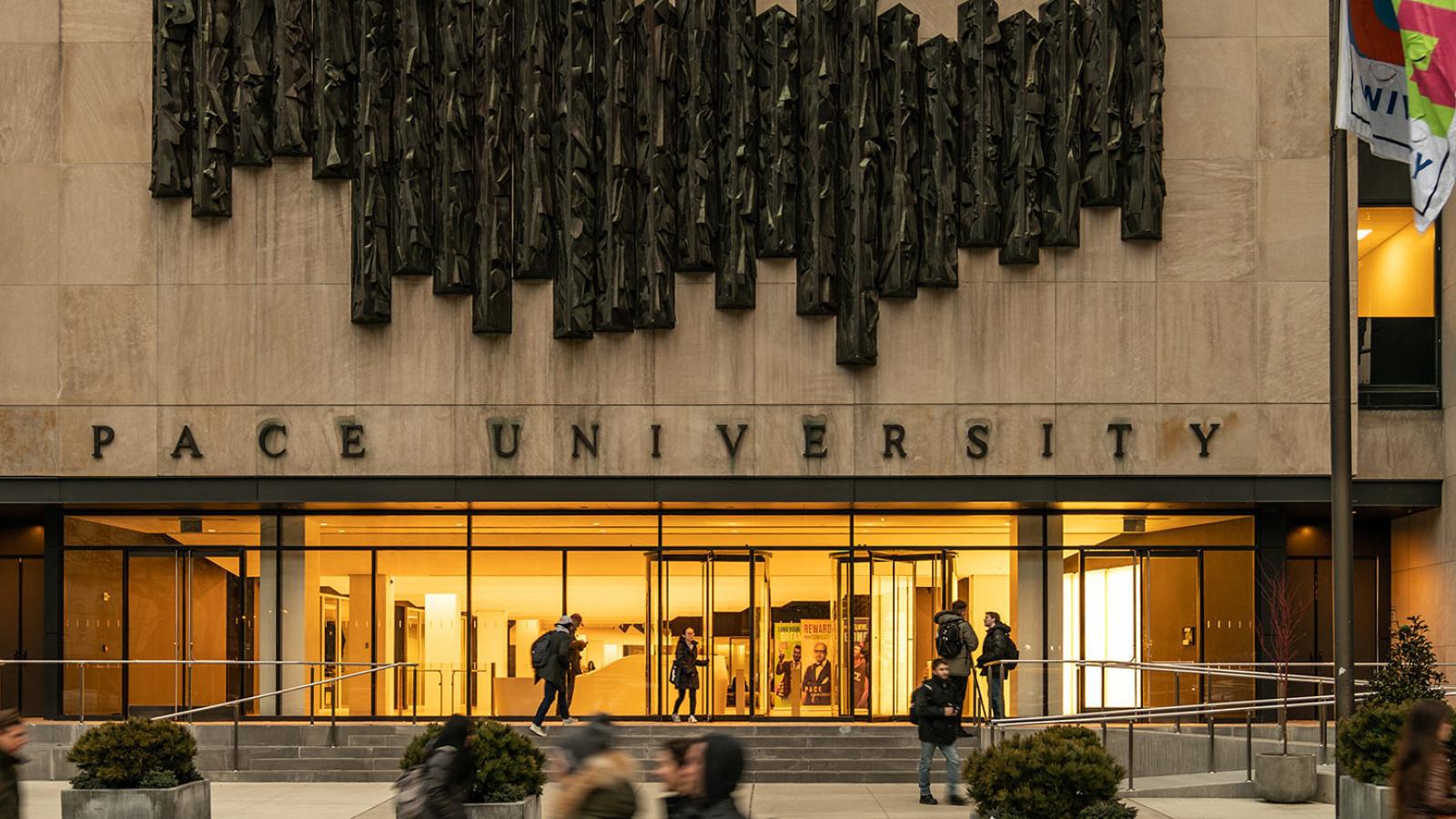2025–2026 Tenure and Promotion (TAP)^
The 2025–2026 TAP timetable applies to the University tenure and promotion deadlines (does not apply to Elisabeth Haub School of Law). This timeline is now available in the Classes community "Faculty Center: Career Development."
^There is no exception granted to an individual to extend deadlines.
